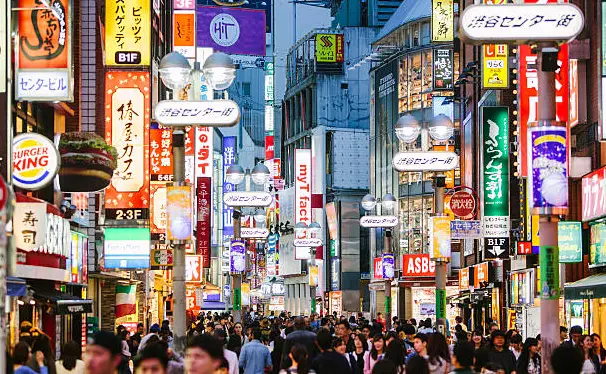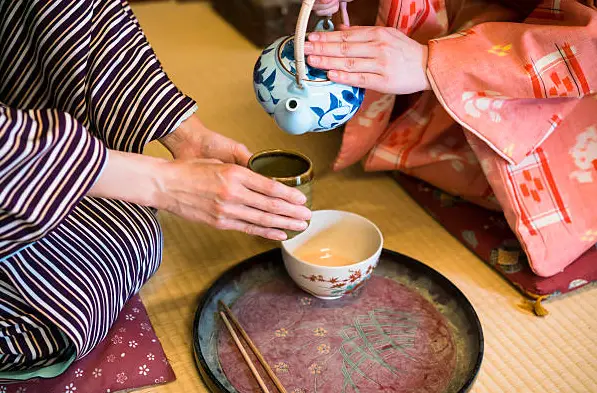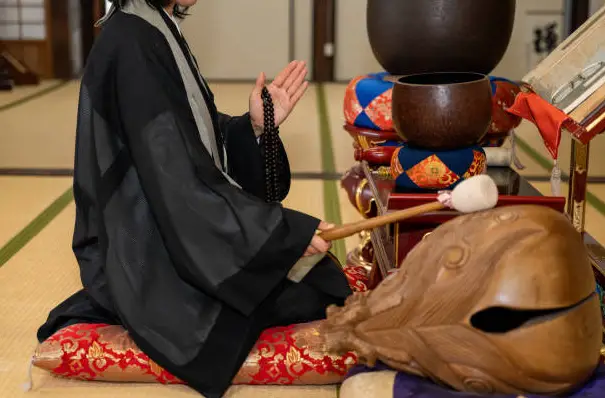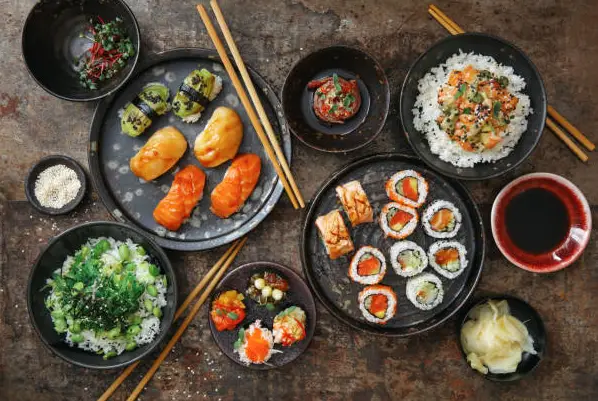When it comes to dining etiquette, cultural norms play a significant role in shaping the expectations surrounding tipping practices in Japanese restaurants. Understanding whether tipping is customary can be a source of confusion for many visitors. Unlike some Western countries where tipping is a standard practice.
Japan has its own unique set of customs. In this guide, we'll explore the intricacies of tipping in Japanese restaurants, shedding light on the cultural nuances that can influence your dining experience.
In this article, we have covered the tipping culture in Japanese restaurants and why this culture is still not popular in Japan.

Understanding Japanese Culture
Japan is renowned for its hospitality and customer service, and tipping is not deeply ingrained in the country's cultural practices. The Japanese take great pride in providing exceptional service as a standard, and tipping can sometimes be perceived as unnecessary or even confusing. There's a term in Japanese, "okimari," which translates to 'it's already been arranged,' reflecting the expectation of excellent service without the need for additional gratuity.
Tipping in High-End Establishments
In upscale and high-end Japanese restaurants, the concept of tipping remains largely uncommon. These establishments often pride themselves on delivering impeccable service, and staff members are well-compensated for their work. Japanese cuisine is one of the best cuisines in the world. Attempting to tip in such places may even be politely refused, as it goes against the established norms of Japanese hospitality.
Counter Service and Local Eateries
In more casual settings, such as local eateries and smaller establishments, tipping is still not a common practice. The idea of tipping culture in Japan can sometimes be met with confusion, as it may not align with the local culture's expectations. Instead of leaving a tip, expressing gratitude through a polite "gochisosama deshita" (thank you for the meal) is more culturally appropriate and well-received.

Service Charges and Inclusive Pricing
In some Japanese restaurants, especially those catering to international visitors, a service charge may be included in the bill. This charge typically covers the cost of service, and additional tipping is not expected. It's crucial to carefully review the bill to understand whether a service charge has been applied. In cases where it is not included, the staff will not express dissatisfaction if you choose not to tip.
Offering Gifts as a Gesture of Appreciation
While tipping may not be customary, offering a small gift as a token of appreciation is a culturally sensitive alternative. This could be a box of sweets or a souvenir from your home country. This gesture is often more warmly received and aligns with the Japanese concept of gift-giving, emphasizing thoughtfulness over monetary compensation.
Navigating Tourist-Friendly Establishments
In areas frequented by tourists, some restaurants may have adapted to Western tipping norms due to increased international visitors. However, this is not a universal practice, and it's advisable to observe the local context and, when in doubt, inquire about tipping policies directly. Many establishments are understanding of cultural differences and will appreciate your effort to respect local customs.

Key Takeaways
No Obligation to Tip: Tipping is not a customary practice in Japanese restaurants, and service is generally provided with excellence as a standard.
Exceptional Service in High-End Establishments: Even in upscale restaurants, tipping may not be expected, as staff members are compensated appropriately for their service.
Express Gratitude Verbally: Instead of tipping, expressing gratitude through phrases like "gochisosama deshita" is a culturally appropriate way to acknowledge excellent service.
Gift-giving as an Alternative: Consider offering small gifts as a token of appreciation, aligning with the Japanese tradition of thoughtful gestures.
Check for Service Charges: In some cases, a service charge may be included in the bill. Ensure you review the bill to understand the restaurant's policy.
Conclusion
In the intricate tapestry of Japanese culture, tipping in restaurants is not a thread woven deeply. While the appreciation for exceptional service is inherent, the act of tipping itself is not a customary practice.

As you embark on culinary adventures in Japanese restaurants, embracing local customs and expressing gratitude in culturally sensitive ways will undoubtedly enhance your dining experience. Remember, the true essence of Japanese hospitality lies in the art of service, already beautifully arranged for your enjoyment


